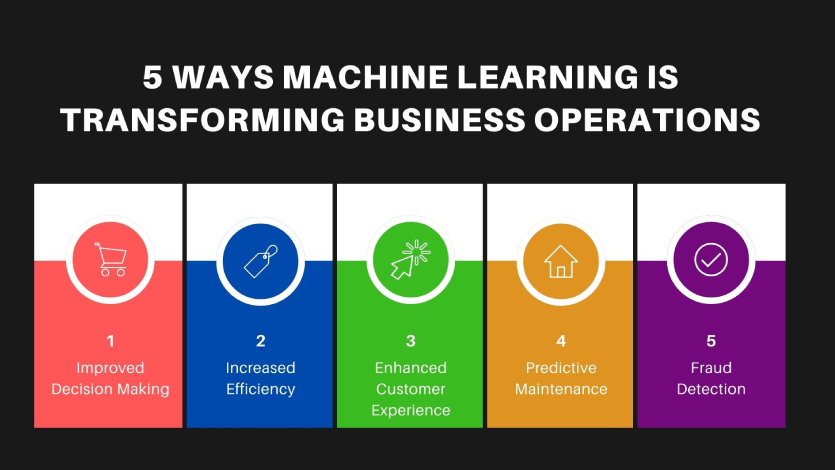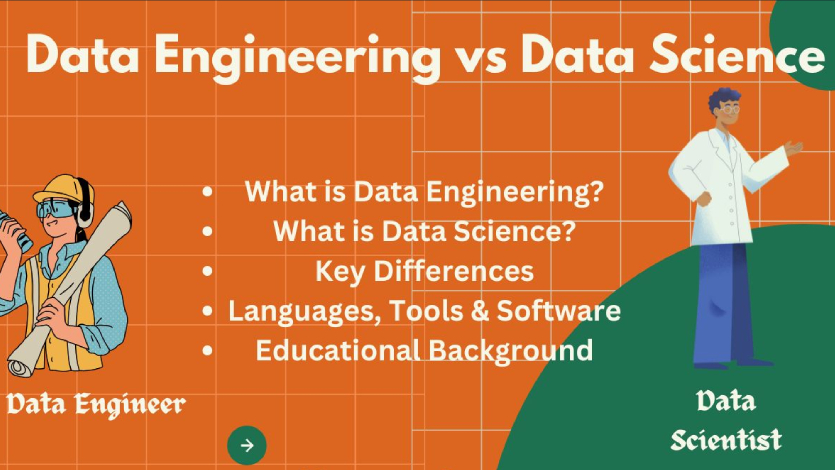
In today's fast-paced digital economy, organizations are under constant pressure to move faster, cut costs, and stay competitive. One of the most powerful technologies making this possible is Machine Learning (ML). Unlike traditional software that follows fixed instructions, ML systems analyze data, learn from it, and get better over time. This unique capability is transforming how businesses make decisions, interact with customers, and run day-to-day operations.
“Smarter Decision-Making with Data”
Every business, regardless of size or industry, generates enormous amounts of data—sales transactions, customer feedback, website visits, supply chain updates, and more. The challenge is not the lack of data, but making sense of it. Machine Learning thrives in this space by identifying hidden patterns and predicting outcomes that humans might overlook.
For example, retailers use ML to anticipate shopping trends and adjust inventory before products run out of stock. Banks apply ML models to analyze millions of transactions and detect suspicious activity in seconds. Even healthcare providers are leveraging ML to spot early signs of disease, enabling faster treatment and better patient care. The ability to transform raw data into actionable insights is giving organizations a powerful competitive edge.
"Automating Routine and Repetitive Tasks"
Routine tasks can drain valuable time and resources. Processing invoices, updating spreadsheets, scheduling meetings, or categorizing support tickets often consume hours of employee effort. Machine Learning automates much of this repetitive work.
By applying ML-powered automation tools, businesses can reduce human error, cut operational costs, and free employees to focus on strategic activities that require creativity and critical thinking. For example, manufacturing firms are using ML to monitor machines in real-time, automatically flagging maintenance needs before breakdowns occur. Similarly, HR teams use ML-driven tools to screen job applications more efficiently, ensuring the best candidates are identified faster.
"Enhancing Customer Experience"
Customer expectations are higher than ever. People want personalized recommendations, quick responses, and seamless digital experiences. Machine Learning is at the heart of delivering this.
E-commerce companies like Amazon use ML algorithms to recommend products tailored to each customer's shopping history. Streaming services like Netflix suggest shows based on viewing habits. Meanwhile, chatbots powered by ML are available around the clock, handling customer queries instantly and escalating only complex issues to human agents.
This personalization and speed not only improve customer satisfaction but also build long-term loyalty. Businesses that use ML to understand their customers on a deeper level are seeing stronger engagement and higher sales.
"Optimizing Operations and Supply Chains"
Operational efficiency is where Machine Learning delivers some of the most measurable results. Logistics companies use ML to optimize delivery routes, reducing fuel consumption and improving on-time deliveries. Airlines use it to predict flight delays and adjust schedules proactively.
In supply chain management, ML models analyze supplier performance, demand fluctuations, and global shipping trends to recommend the best sourcing and stocking strategies. For manufacturers, predictive maintenance powered by ML ensures equipment downtime is minimized—saving both time and money. The ability to forecast and respond quickly to changes makes businesses more resilient in uncertain times.
"Driving Innovation Across Industries"
Machine Learning isn't confined to one sector—it's driving innovation everywhere. In finance, robo-advisors powered by ML help individuals make smarter investment choices. In healthcare, ML models support doctors in diagnosing diseases and recommending treatments. In agriculture, farmers use ML tools to monitor crop health, optimize irrigation, and improve yields.
The versatility of ML ensures that businesses in any industry can find valuable applications, whether it's predicting customer churn, improving marketing campaigns, or detecting cybersecurity threats.
"Challenges and the Road Ahead"
Despite its advantages, adopting Machine Learning isn't always simple. It requires quality data, skilled talent, and the right infrastructure. Businesses may also face ethical considerations, such as ensuring ML systems remain transparent and unbiased.
The good news is that cloud platforms and user-friendly ML tools are lowering barriers to entry, allowing even small businesses to start experimenting. The most effective strategy is to begin with small, high-impact projects—such as customer support automation or sales forecasting—and scale gradually as expertise grows.





